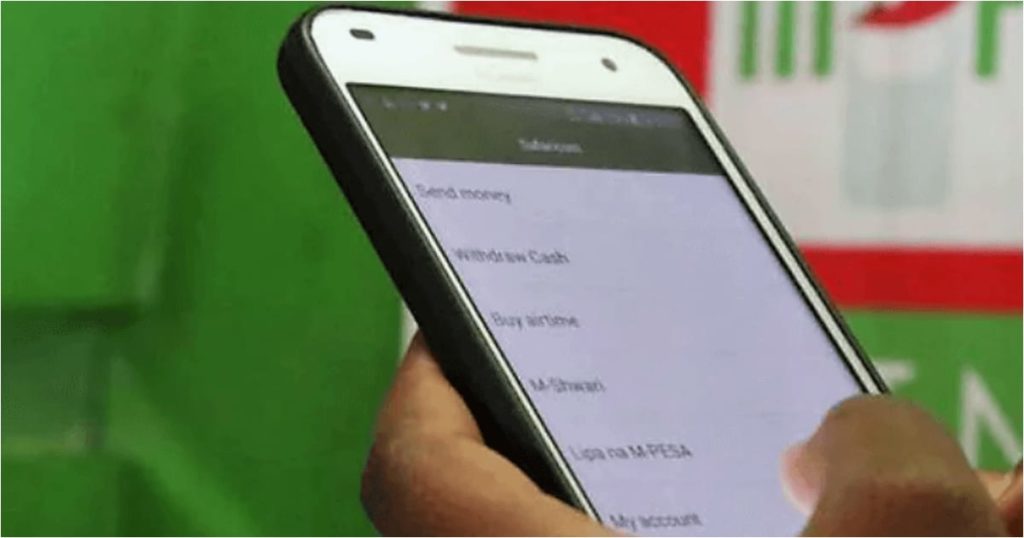The biggest issue I have with Fuliza is the interest rate that it earns on the borrowed amount, and this is what they have been trying to avoid talking about at all costs.
If Kenyans really knew what they are paying for using Fuliza, they would avoid it like a plague. Let me break it down for you like the financial analyst (FA) I am.
PAY ATTENTION: Help us change more lives, join TUKO.co.ke’s Patreon programme Patricia Angela Koki argues Safaricom’s Fuliza is not different from all these digital lending apps that are all over Kenya burdening the majority of poor Kenyans with debt. Photo: Bizna Kenya. Source: UGC On Safaricom’s website under FAQs for Fuliza M-Pesa service , they have clearly indicated that you will be charged a one off interest rate of 1.083% and a daily administrative fee on outstanding balance ranging from KSh 2 to KSh 30 for a limit of up to KSh 70,000.
Those numbers do not look bad right? Wrong.
In essence, what that really means is that while a bank will give you an annual rate of not more than 13.6%, which is currently the highest as per Central Bank of Kenya (CBK) June report, Safaricom will give you an annualised rate of 395.2% per year.
Compare this with their other products like M-Shwari that charges 7.5% standard fee (not revolving on outstanding balance like Fuliza) which is essentially around 90% per year (still high but incomparable by a long shot).
What this means in numbers is this: If you borrow KSh 1000 from M-Shwari you will part with around KSh 56 interest. If you borrow the same KSh 1000 with Fuliza you will part with around KSh 244. This is if both debts last 30 days. These numbers are insane.
And of course the real cost of debt is never mentioned, lest Kenyans know they are not paying that 1.083% or the 7.5% for Fuliza. It is bad for business. They choke it down to product differentiation but it is purely extortionist.
Safaricom’s Fuliza is not different from all these digital lending apps that are all over Kenya burdening the majority of poor Kenyans with debt that can only be classified as slavery now. That is why big papers like Financial Times call this ‘perpetual debt in the Silicon Savannah’.
Another thing that makes it even more disturbing is that it does not fall under Kenya Bankers Association […]
